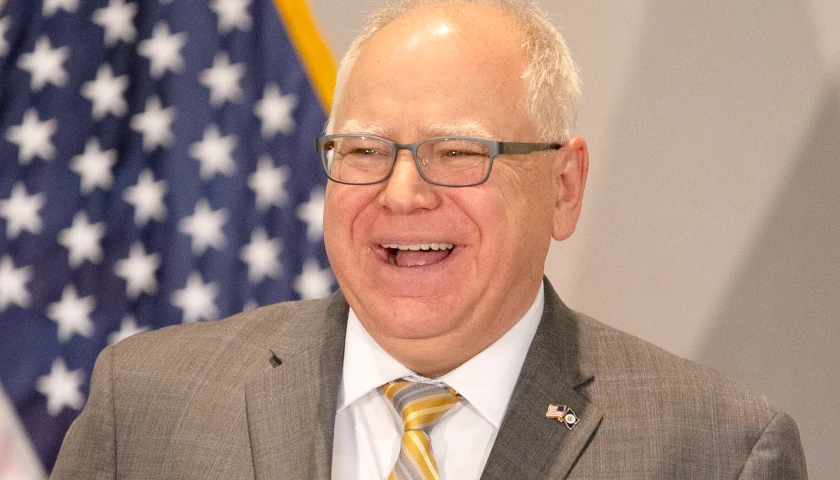by Bethany Blankley
The PRO Act, which passed the U.S. House Tuesday on a largely partisan vote, could eliminate most forms of independent contracting, gig work and freelancing – potentially impacting as many as 59 million freelance workers who represent 36 percent of the total U.S. workforce.
In 2020, the freelance community accounted for $1.2 trillion in earnings, according to a report published by UpWork.
The stated goal of the bill is to unionize workers, and to require employers to hire part-time, contract or freelance workers as full-time employees in order to provide them with a range of benefits they may not otherwise have.
“A sizable share of workers in the United States remain outside the traditional employment structure and consequently lack many of the protections and benefits that come with being a traditional employee,” the Brookings Institution reports. Proponents of the bill argue freelancers should be required to become full-time employees who receive benefits such as health insurance and paid vacation.
But according to a new survey of freelance writers, the majority don’t want to be a full-time employee of a company – they value their independence. Among those surveyed, 75 percent said being a freelancer is “very important” to them; 73 percent said they’d rather be a contractor than an employee.
The majority surveyed said the bill could “negatively impact their livelihood and “cause their business to suffer financially,” if passed in its current form.
The freelance writing resource site, MakeALivingWriting.com, conducted an online survey through Mindnet Analytics in order to gauge how freelance writers feel about the bill.
“While the PRO Act is aimed at empowering workers, it could destroy the livelihood of millions of freelance writers and many other types of independent contractors across the nation,” Eric Brantner, editor-in-chief of MakeALivingWriting.com, told The Center Square.
Roughly 58 percent surveyed said the PRO Act could negatively impact their livelihood; 66 percent said federal lawmakers don’t understand freelancing enough to regulate it.
Nearly all – 98 percent – said their status as an independent contractor was important to them; 73 percent would rather freelance than be hired as a full-time employee.
Just 22 percent expressed support for the PRO Act.
The PRO Act is modeled after California’s AB 5 law, which imposes an ABC Test for all non-W2 workers. One exception allows freelance writers to submit up to 35 articles per client per year, less than the equivalent of some freelancer’s work produced in one month. The California law affected roughly one million workers, many of whom were forced to leave the state to find work elsewhere.
Some major publications stopped hiring freelancers from California and multiple companies announced layoffs overnight. Within a year, California reported the first population decline in state history.
However, the PRO Act includes no article cap exceptions for writers like AB5 did, meaning “there will be nowhere for freelancers to run,” the survey analysis states.
“Independent contractors contract their services outside the direct control of payers/employers,” Erica Jedynak, director of economic opportunity at Stand Together, said in an interview with Americans For Prosperity. “Independent contractors include gig economy workers, freelancers, many self-employed entrepreneurs, and workers in diverse professions – from yoga instructors to hair stylists to optometrists.
“Independent contracting allows individuals to enjoy flexible working arrangements that empower them to chart their own career success and create a life that works for them. This means working mothers and fathers, college students, recent graduates, and others can provide valued services in transportation, health care, food delivery, and other industries, while tending to other priorities in their lives they wish to pursue.”
It’s not just the PPO Act and AB5 that is bad for freelancers, Jedynak argues; “Similar threats have popped up in New Jersey, Pennsylvania, Virginia and elsewhere.”
– – –
Bethany Blankley is a contributor to The Center Square.





